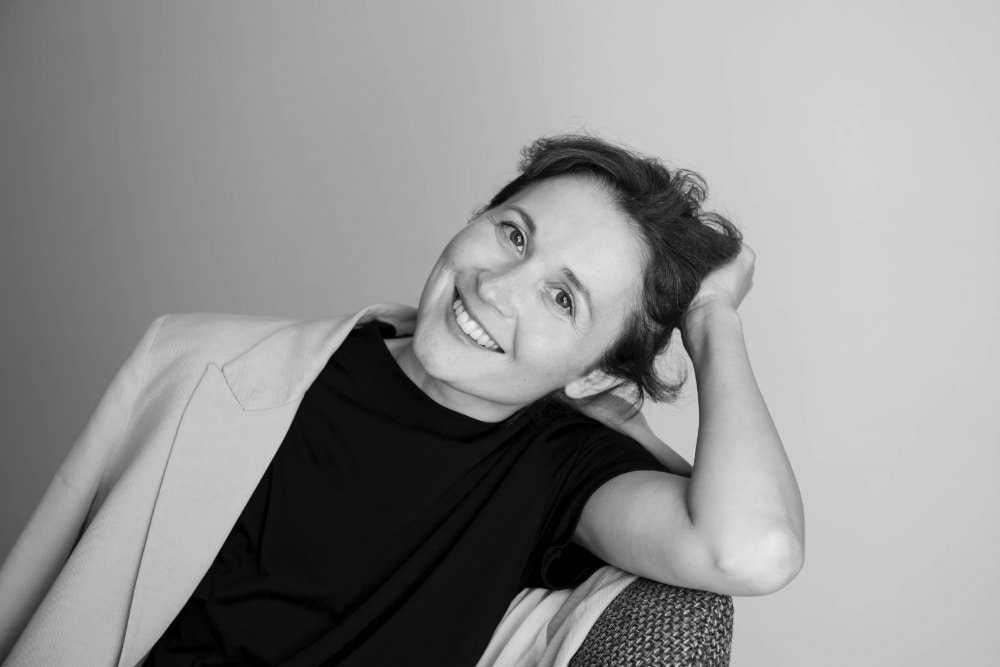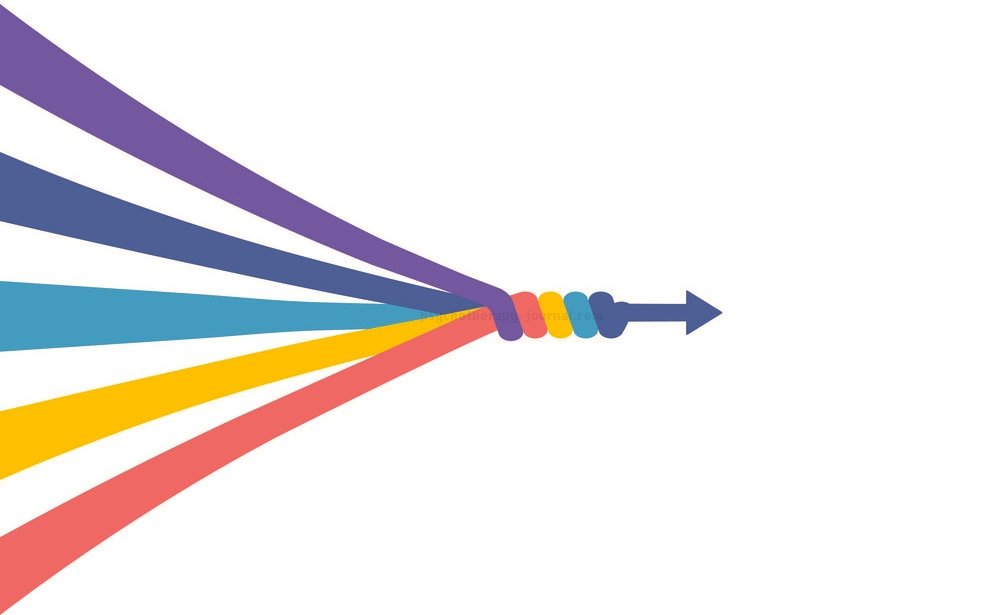Our online journal delves into the interconnected nature of human behaviour, relationships, and societal systems. Through an array of in-depth articles, expert insights, research studies, and practical applications, we aspire to enlighten and inspire our readers, spanning therapists, researchers, and anyone with a keen interest in understanding the complex dynamics of the human psyche within its broader context.
One of the main goals of JIPSA is to advance psychotherapy as a science in the Baltic region. We aim to bring together like-minded individuals to conduct quantitative and qualitative psychotherapy research. Our platform is a hub for sharing current knowledge and news, inspiring professionals to continue their journey with interest and enthusiasm.
We believe in a unified approach to persons that values emotional, spiritual, cognitive, behavioural, and physiological levels of the human experience. Our mission is to facilitate integration that maximises the quality of a person’s being and functioning, considering each individual’s personal limits and external constraints. This is undertaken with the utmost respect for the intrapsychic, interpersonal, and socio-political spaces.
We recognise the importance of therapists’ personal integration and are committed to their continual growth. This growth encompasses not only personal development but also the pursuit of knowledge in the realm of psychotherapy and its related fields.
Our journal celebrates the “integrative” as a methodology and orientation that evolves towards a conceptually coherent combination of two or more specific approaches. It is an ethical responsibility that we take seriously, and we strive to maintain a dialogue with colleagues of diverse orientations and remain abreast of the latest developments in the field.
A cornerstone of our journal is the belief that no single form of therapy is universally adequate. Thus, we promote flexibility in our approach but concurrently maintain a standard of excellence in serving our clients and in our supervisory and training roles. We do not resort to random utilisation of different strategies, techniques, and theoretical constructs; instead, we ensure our choices are informed by clinical intuition and a profound understanding of the problem at hand and the interventions applied.
Despite the varied methodologies, we prioritise factors common to all psychotherapies, emphasising the therapeutic relationship’s significance. We champion an attitude of respect, kindness, honesty, and equality, affirming the integrity and humanity of both the therapist and the client.
We believe in creating an intersubjective space for growth and healing, a holding environment co-created by both the client and the therapist.
Welcome to our journey towards integration, understanding, and healing. Together, we can contribute to Integrative Psychotherapy’s fascinating and profound world.
Editor's word

A quarter of a century ago, when I graduated from a lyceum specializing in psychology and pedagogy, I dreamed of becoming… a journalist. But my bold plan to leave my hometown and enroll in a university course in journalism did not stand up to the reality in which my parents, then a 17-year-old girl, did not support me. In some confusion I jumped into the “last carriage”, having submitted my documents to the psychological faculty of one of the Latvian institutes a week before the beginning of classes.
And now 25 years later, as an experienced psychologist, teacher and supervisor of scientific research in psychology and psychotherapy, I am writing my opening editorial. It’s exciting, curious, and brings a smile that might say something like “well, look at that”…





